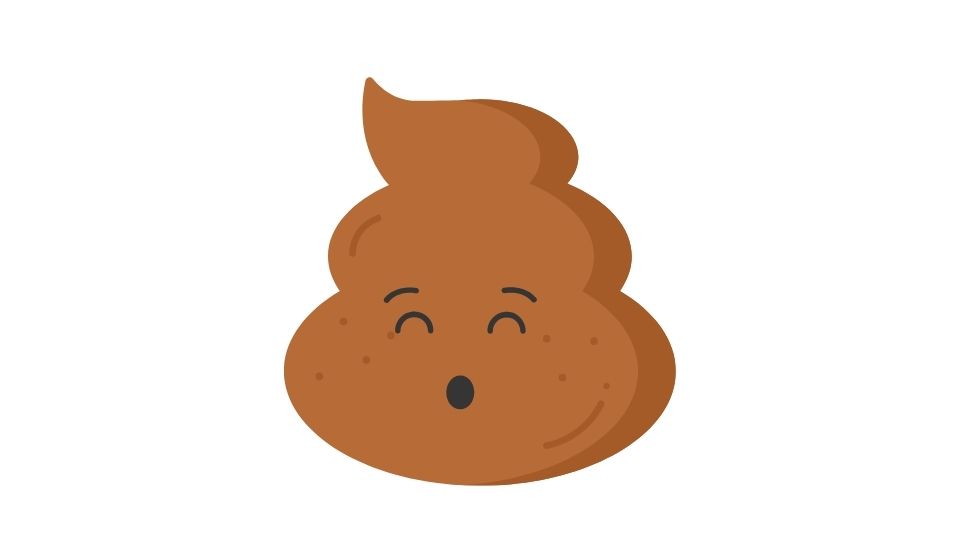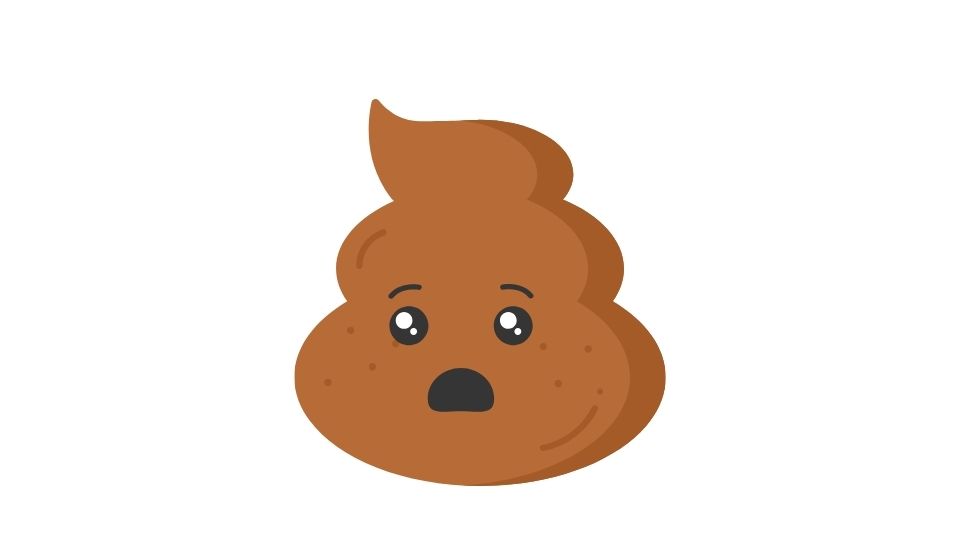Do Protein Shakes Make You Poop?

Your protein shake could be behind those unexpected bathroom trips, especially if you’ve recently increased your intake or changed your brand. Let’s dive into the real reasons why this happens and how to fix it – without any embarrassing situations at the gym.
Why Protein Shakes Can Send You Running to the Bathroom
Ever chugged a protein shake and found yourself making an emergency dash to the bathroom? You’re not alone. Protein supplements can definitely influence your bowel movements – sometimes making you poop more frequently, causing diarrhea, or even swinging the other way to constipation.
But why does this happen? Is it the protein itself, or something else in that shake?
The Science Behind Protein Poops

Those Sneaky Artificial Sweeteners
Many commercial protein powders contain artificial sweeteners like sorbitol or xylitol that have known laxative effects. These sugar alcohols draw water into your intestines and can speed up gut transit time, leading to looser or more frequent bowel movements.
Think of it this way: your body sees these sweeteners and says, “What the heck is this? Let’s flush it out!”
Too Much Protein At Once
Your body can only process so much protein at one time. When you overwhelm your digestive system with a massive protein shake, the excess protein can ferment in your gut. The result? More poop production or loose stools.
It’s like trying to process too many packages at once – things get backed up, and mistakes happen.
The Dairy Dilemma
If you’re using whey protein (which comes from milk), you might be dealing with lactose issues. Even if you’re not officially lactose intolerant, the concentrated lactose in whey can cause digestive distress including:
- Diarrhea
- Bloating
- Gas
- Stomach cramps
Research shows that about 68% of the global population has some degree of lactose malabsorption. So that post-shake bathroom emergency might actually be your body saying, “I can’t handle this dairy!”
Your Gut Microbiome Takes a Hit
Your gut is home to trillions of bacteria that help digest food and regulate bowel movements. Animal-based protein supplements like whey can slightly decrease beneficial gut bacteria like Bifidobacterium.
This disruption to your gut microbiome can throw off your normal digestive patterns. It’s like having a workforce change at your intestinal factory – efficiency drops for a while.
It’s Not Just About What’s In Your Shake

The Fiber Factor
Many people who increase protein intake simultaneously reduce their fiber consumption. This happens when protein shakes replace fiber-rich meals or when you’re cutting carbs.
Without enough fiber, your stool becomes harder and more difficult to pass. So even with all that protein, you might end up constipated!
Studies confirm that fiber is essential for healthy bowel movements, and the average American only gets about half the recommended amount.
Timing Matters
Drinking protein right after intense exercise can trigger digestive upset. Your body is already redirecting blood flow from your digestive system to your muscles during workouts, so dumping a protein shake on top of that stressed system can lead to diarrhea.
It’s like trying to start a complicated project when you’re already exhausted – your body just can’t handle it efficiently.
How to Keep Enjoying Protein Without the Bathroom Drama

Choose your protein wisely: If dairy gives you trouble, try plant-based proteins like pea, rice, or hemp. Research suggests plant proteins may be gentler on sensitive digestive systems.
Check the ingredients list: Avoid products with artificial sweeteners if they trigger your symptoms. Look for naturally sweetened options instead.
Start small and build up: Begin with half servings and gradually increase as your body adjusts. Your digestive system needs time to produce the right enzymes.
Fiber is your friend: Make sure you’re getting enough fiber from fruits, vegetables, and whole grains. Aim for 25-30g daily.
Hydrate, hydrate, hydrate!: Increased protein metabolism requires more fluid. Drink plenty of water to support kidney function and prevent constipation.
Consider probiotics: These can help balance your gut microbiome if it’s been disrupted by protein supplements.
Slow down: Don’t chug your shake in 5 seconds flat. Sipping it slowly gives your digestive system time to adjust.
Finding Your Protein Sweet Spot

The truth is, protein shakes themselves don’t directly cause bowel movements. It’s the ingredients within them, your individual sensitivity, and your overall diet that determine your bathroom schedule.
Most people can find a happy medium with some experimentation. Maybe your body handles pea protein better than whey, or perhaps you need to add a banana to your shake for extra fiber.
Remember, everyone’s gut is different. What works for your gym buddy might not work for you.
If digestive issues persist despite these adjustments, it might be worth chatting with a healthcare professional. Research indicates that chronic digestive symptoms can signal underlying conditions that deserve attention.
In the meantime, don’t let fear of bathroom emergencies keep you from getting your protein. With a few tweaks, you can enjoy all the muscle-building benefits without the digestive drama.

